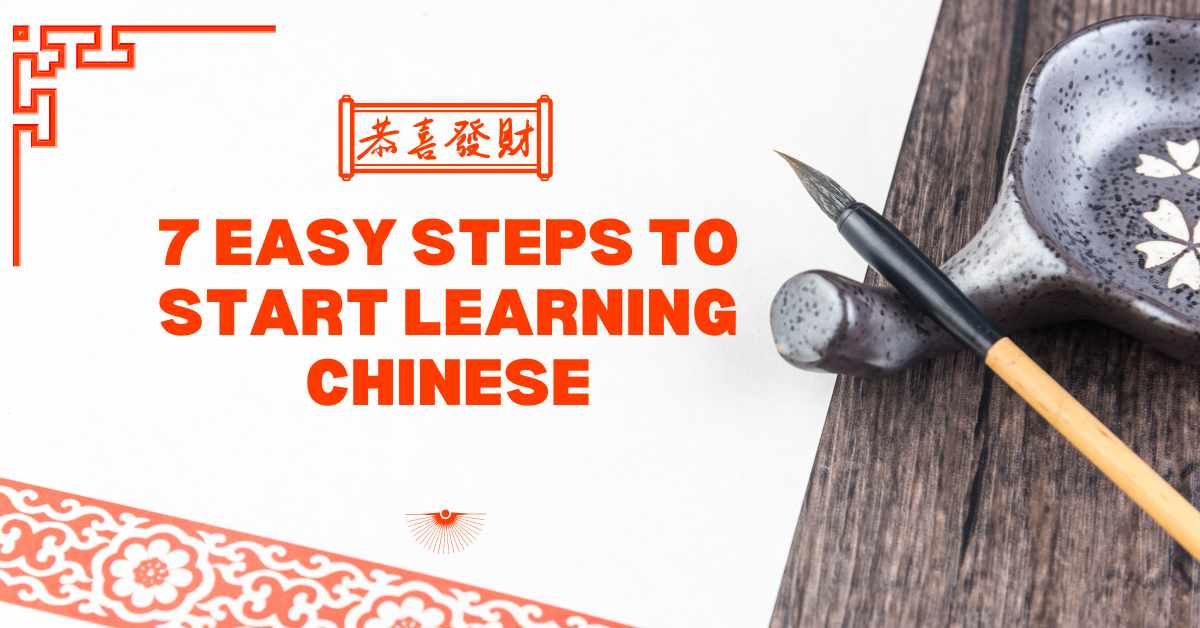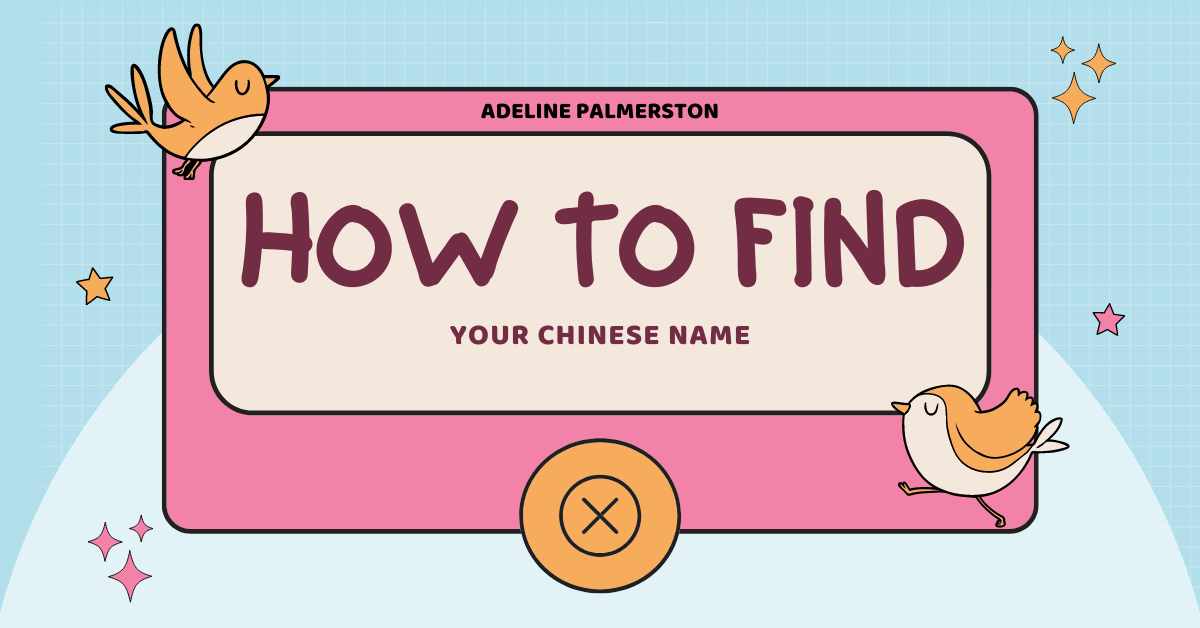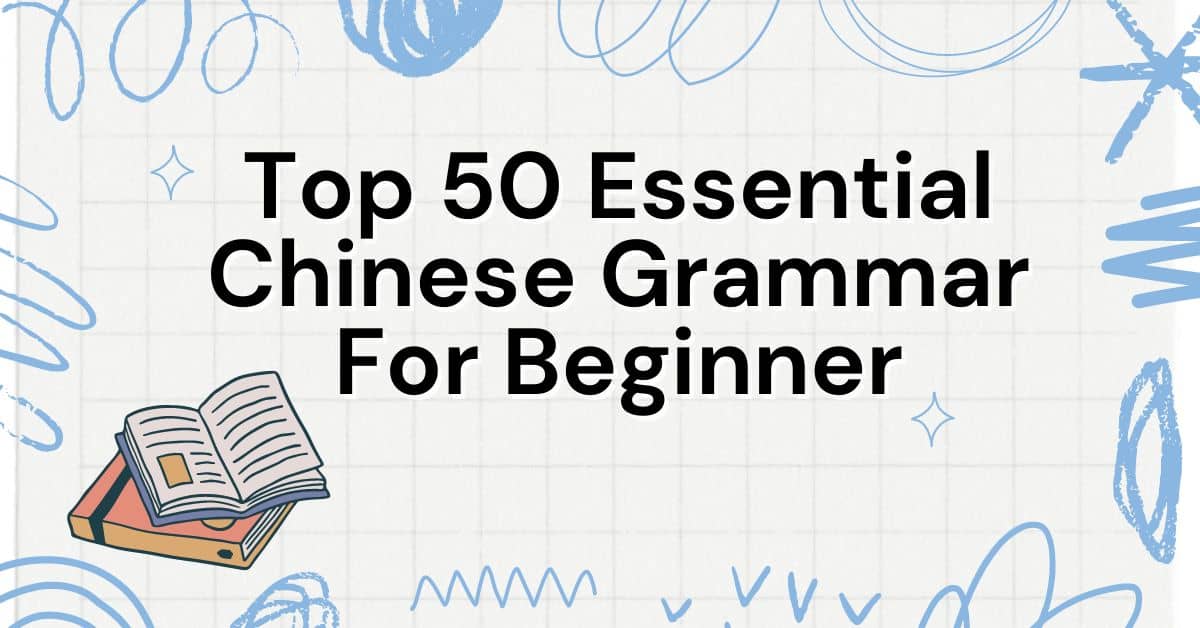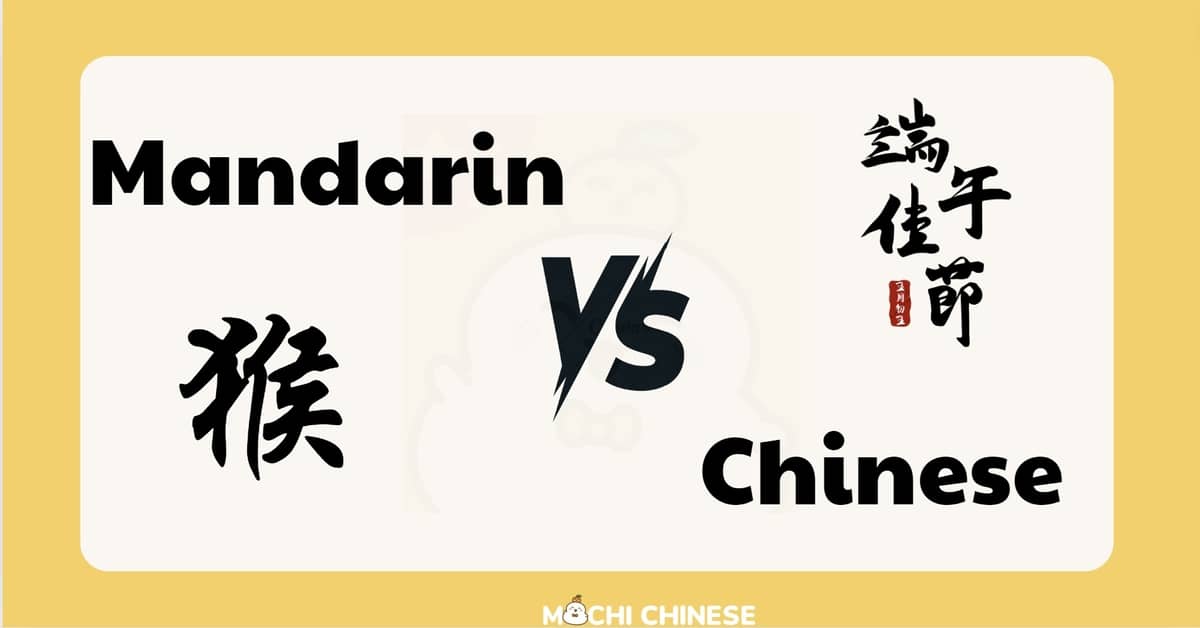Understanding Chinese Proverbs
Chinese Proverbs about Love
Chinese Proverbs about Family
Chinese Proverbs about Friendship
Chinese Proverbs About Personal Conduct
Chinese Proverbs About Interpersonal Relationships
Chinese Proverbs on Wisdom and Decision Making
Chinese Proverbs on Work and Success
Chinese Proverbs on Learning
Chinese Proverbs for Business
Chinese Famous Quotes
Conclusion
Understanding Chinese Proverbs
Chinese proverbs are like hidden gems, waiting to be discovered. They encapsulate centuries of wisdom, cultural nuances, and practical advice. Whether you’re a language enthusiast, a traveller, or simply curious about the world, exploring Chinese proverbs can be both enlightening and entertaining.
Definition of a Proverb
A proverb is a concise, memorable saying that imparts a universal truth or practical wisdom. In Chinese culture, proverbs serve as guideposts for daily life, offering insights into relationships, work, family, and personal conduct. They often draw from historical events, folklore, and natural phenomena.
Historical Context
Chinese proverbs have deep roots in literature, philosophy, and oral tradition. They’ve been passed down through generations, shaping communication and thought. From Confucius to modern-day poets, writers, and thinkers, proverbs continue to influence Chinese society.
Language Structure
Chinese proverbs exhibit linguistic features that make them both poetic and pragmatic:
Metaphors: Proverbs often use vivid metaphors to convey complex ideas succinctly. For example, “一箭双雕” (yī jiàn shuāng diāo) means “to kill two birds with one stone.”
Alliteration: Many proverbs employ rhythmic patterns, enhancing their memorability. “千里之行,始于足下” (qiān lǐ zhī xíng, shǐ yú zú xià) translates to “A journey of a thousand miles begins with a single step.”
Chinese Proverbs about Love
“情人眼里出西施” (qíng rén yǎn lǐ chū xī shī)
“Beauty lies in the eyes of the beholder.” This proverb reminds us that attractiveness is subjective and varies from person to person.
“爱屋及乌” (ài wū jí wū):
“Love me, love my dog.” In relationships, accepting someone’s flaws and quirks is a sign of true love.
“一见钟情” (yī jiàn zhōng qíng):
“Love at first sight.” Sometimes, a single glance can change everything.
“相爱容易,相处难” (xiāng ài róng yì, xiāng chǔ nán):
“Falling in love is easy; staying together is hard.” Maintaining a relationship requires effort and understanding.
“情深似海” (qíng shēn sì hǎi):
“Love as deep as the ocean.” Describes profound and enduring love.
“两情相悦” (liǎng qíng xiāng yuè):
“Mutual affection.” When both partners share genuine feelings for each other.
“情比金坚” (qíng bǐ jīn jiān):
“Love is stronger than gold.” Love is more valuable than material wealth.
“爱情无国界” (ài qíng wú guó jiè):
“Love knows no boundaries.” Love transcends cultural and geographical differences.
各花入各眼 (gè huā rù gè yǎn):
“Different flowers match different eyes”. Just as different flowers appeal to different people, everyone has their unique preferences when it comes to love.
“爱情是盲目的” (ài qíng shì máng mù de):
“Love is blind.” Love can make us overlook flaws and imperfections.
Chinese Proverbs about Family
家有一老,如有一宝 (jiā yǒu yī lǎo, rú yǒu yī bǎo)
Having an elderly person at home is like having a treasure. Elders bring wisdom and experience.
兄弟如手足 (xiōng dì rú shǒu zú)
Brothers are like limbs. Siblings are essential and irreplaceable.
父母恩重如山 (fù mǔ ēn zhòng rú shān)
Parental love is as heavy as a mountain. Parents’ sacrifices are immeasurable.
家家有本难念的经 (jiā jiā yǒu běn nán niàn de jīng)
Every family has its own difficulties. Challenges are universal.
家和万事兴,家败人亡 (jia hé wàn shì xīng, jiā bài rén wáng)
A harmonious family leads to prosperity; a broken family leads to ruin. Unity is crucial.
兄弟不和,邻里不睦 (xiōng dì bù hé, lín lǐ bù mù)
When brothers don’t get along, neighbours are affected. Family harmony affects the community.
父慈子孝 (fù cí zǐ xiào)
A loving father, a dutiful son. Filial piety is highly valued in Chinese culture.
兄弟如手足,妻子如衣服 (xiōng dì rú shǒu zú, qī zǐ rú yī fú)
Brothers are like limbs, and wives are like clothing. Both are indispensable.
家和万事兴,人和万事顺 (jiā hé wàn shì xīng, rén hé wàn shì shùn)
Harmony in the family leads to prosperity; harmony among people leads to success. Unity brings positive outcomes.
Chinese Proverbs about Friendship
岁寒知松柏,患难见真情 (suìhán zhī sōngbăi, huànnàn jiàn zhēnqíng)
“Only when the years grow cold do we see that the pine and cypress are the last to fade; only when we get into trouble do we know who our genuine friends are.” This proverb emphasizes that a friend in need is a friend indeed. True friendship reveals itself through actions, especially during challenging times.
道不同,不相为谋 (dào bù tóng, bù xiāng wéi móu)
“Men of totally different principles can never act together.” This saying not only guides us in choosing true friends but also advises us to collaborate with people who share our values and goals.
一个篱笆三个桩,一个好汉三个帮 (yí gè líba sān gè zhuāng, yí gè hăohàn sān gè bāng)
“Just as a fence has to be built with pegs, an able person needs the help of three others.” It highlights the importance of teamwork and how friends can complement each other’s strengths.
千里送鹅毛,礼轻情意重 (qiānlĭ sòng é máo, lĭ qīng qíngyì zhòng)
“Travel a thousand miles to bestow a goose feather— a small gift may be a token of profound friendship.” Sometimes, even a simple gesture can express deep affection. True friendship isn’t measured by material things.
海内存知己,天涯若比邻 (hăi nèi cún zhījĭ, tiānyá ruò bĭ lín)
“A bosom friend afar brings distant lands near.” When you have a friend who truly understands you, distance cannot break your bond. True friends bridge gaps and fill your spirit.
物以类聚,人以群分 (wù yĭ lèi jù, rén yĭ qún fēn)
“Birds of a feather flock together, people of a mind fall into the same group.” Similarities attract friends. That’s why like-minded individuals come together.
观其友,知其人 (guān qí yŏu, zhī qí rén)
“You shall know a person by knowing his friends.” Just as the previous proverb suggests, the company someone keeps reveals their character.
朋友的眼睛是最好的镜子 (péngyou de yănjing shì zuìhăo de jìngzi)
“The best mirror is a friend’s eyes.” Friends help us understand ourselves better. Listening to their advice is a wise choice.
陈酒味醇,老友情深 (chénjiǔ wèi chún, lăoyŏu qíng shēn)
“Old friends and old wine are best.” Everything may be good when new, but not friends. Like wine, friendships improve with time.
黄金万两容易得,一个知心最难寻 (huángjīn wàn liǎng róngyì dé, yí gè zhīxīn zuì nán xún)
“Gold is easy to get, a close friend is harder to find.” True and close friends are rare treasures that cannot be measured by wealth.
Chinese Proverbs About Personal Conduct
人穷志不穷 (rén qióng zhì bù qióng)
People are poor and their ambitions are endless. Even in poverty, people continue to dream big and strive for success.
身正不怕影子斜 (shēn zhèng bú pà yǐng zi xié)
If you stand straight, do not fear a crooked shadow. As long as you do things correctly and well, there is nothing to be afraid of.
今日事,今日毕 (Jīnrì shì,jīnrì bì)
Never put off what you can do today for tomorrow. Taking action promptly leads to better results.
失败是成功之母 (shī bài shì chéng gōng zhī mǔ)
Failure is the mother of success. Mistakes and setbacks provide valuable lessons and pave the way for future achievements.
一口吃不成胖子 (yī kǒu chī bù chéng pàng zi)
You can’t get fat with only one mouthful. Consistent effort and habits lead to lasting results.
衣不如新,人不如故 (yī bù rú xīn, rén bù rú gù)
Clothes are more cherishable when new, but relationships with people are more cherishable when old. Long-lasting friendships and connections are invaluable.
只要功夫深,铁杵磨成针 (zhǐ yào gōng fū shēn, tiě chǔ mó chéng zhēn)
If you work hard enough at it, you can grind even an iron rod down to a needle. Persistence and effort can achieve remarkable transformations.
冰冻三尺,非一日之寒 (bīng dòng sān chǐ, fēi yī rì zhī hán)
It takes more than one cold day for the river to freeze three feet deep. Patience and gradual progress yield significant results.
一日之计在于晨 (yī rì zhī jì zài yú chén)
A day’s planning is done at dawn. Proper planning and preparation lead to success.
姜还是老的辣 (jiāng hái shì lǎo de là)
Aged ginger is spicier. Wisdom comes with age, and listening to experienced individuals is valuable.
Chinese Proverbs About Interpersonal Relationships
岁寒知松柏,患难见真情。 (suìhán zhī sōngbăi, huànnàn jiàn zhēnqíng):
“Only when the years grow cold do we see that the pine and cypress are the last to fade; only when we get into trouble do we know who our genuine friends are.” This proverb emphasizes that a friend in need is a friend indeed. True friendship reveals itself through actions, especially during challenging times.
道不同,不相为谋。 (dào bù tóng, bù xiāng wéi móu):
“Men of totally different principles can never act together.” This saying not only guides us in choosing true friends but also advises us to collaborate with people who share our values and goals.
一个篱笆三个桩,一个好汉三个帮。 (yí gè líba sān gè zhuāng, yí gè hăohàn sān gè bāng):
“Just as a fence has to be built with pegs, an able person needs the help of three others.” It highlights the importance of teamwork and how friends can complement each other’s strengths.
千里送鹅毛,礼轻情意重。 (qiānlĭ sòng émáo, lĭ qīng qíngyì zhòng):
“Travel a thousand miles to bestow a goose feather— a small gift may be a token of profound friendship.” Sometimes, even a simple gesture can express deep affection. True friendship isn’t measured by material things.
海内存知己,天涯若比邻。 (hăi nèi cún zhījĭ, tiānyá ruò bǐ lín):
“A bosom friend afar brings distant lands near.” When you have a friend who truly understands you, distance cannot break your bond. True friends bridge gaps and fill your spirit.
物以类聚,人以群分。 (wù yĭ lèi jù, rén yĭ qún fēn):
“Birds of a feather flock together, people of a mind fall into the same group.” Similarities attract friends. That’s why like-minded individuals come together.
观其友,知其人。 (guān qí yŏu, zhī qí rén):
“You shall know a person by knowing his friends.” Just as the previous proverb suggests, the company someone keeps reveals their character.
朋友的眼睛是最好的镜子。 (péngyou de yănjing shì zuìhăo de jìngzi):
“The best mirror is a friend’s eyes.” Friends help us understand ourselves better. Listening to their advice is a wise choice.
陈酒味醇,老友情深。 (chénjiǔ wèi chún, lăoyŏu qíng shēn):
“Old friends and old wine are best.” Everything may be good when new, but not friends. Like wine, friendships improve with time.
黄金万两容易得,一个知心最难寻。 (huángjīn wàn liăng róngyì dé, yí gè zhīxīn zuì nán xún):
“Gold is easy to get, a close friend is harder to find.” True and close friends are rare treasures that cannot be measured by wealth.
Chinese Proverbs on Wisdom and Decision-Making
“人穷志不穷” (rén qióng zhì bù qióng):
“A man who cannot tolerate small misfortunes can never accomplish great things.” This proverb encourages resilience and determination even in challenging circumstances.
“身正不怕影子斜” (shēn zhèng bú pà yǐng zi xié):
“If you stand straight, do not fear a crooked shadow.” Uphold your integrity and don’t be afraid of criticism or negativity.
“知己知彼,百战不殆” (zhī jǐ zhī bǐ, bǎi zhàn bù dài):
“Know yourself, know your enemy, and you will never be defeated in a hundred battles.” Understanding both yourself and your opponents is crucial for success.
“择善而从,恶莫从” (zé shàn ér cóng, è mò cóng):
“Choose good over evil.” Make virtuous decisions and avoid harmful paths.
“学而不思则罔,思而不学则殆” (xué ér bù sī zé wǎng, sī ér bù xué zé dài):
“Learning without thinking leads to confusion; thinking without learning leads to danger.” Balance learning and critical thinking.
“三思而后行” (sān sī ér hòu xíng):
“Think thrice before acting.” Consider the consequences before making decisions.
“不怕慢,就怕站” (bù pà màn, jiù pà zhàn):
“Slow progress is better than standing still.” Keep moving forward, even if progress seems gradual.
“溫故而知新,可以爲師矣” (wēn gù ér zhī xīn, kěyǐ wéi shī yǐ):
“Review the old and learn the new; you can be a teacher.” Continual learning and growth make you a valuable guide.
“黄金万两容易得,一个知心最难寻” (huángjīn wàn liăng róngyì dé, yí gè zhīxīn zuì nán xún):
“Gold is easy to get, a close friend is harder to find.” True friendships are precious.
“知人知面不知心” (zhī rén zhī miàn bù zhī xīn):
“You know a person’s face, not their heart.” Be cautious in trusting appearances.
Chinese Proverbs on Work and Success
“今日事,今日毕” (jīn rì shì, jīn rì bì):
“Finish today’s work today.” This proverb emphasizes the importance of avoiding procrastination. Don’t let tasks pile up; tackle them head-on and enjoy the satisfaction of a clean slate at the end of the day.
“一分耕耘,一分收获” (yī fēn gēng yún, yī fēn shōu huò):
“One minute of hard work, one minute of harvest. There’s no shortcut to success.” This proverb reminds us that the effort we put in is directly proportional to the results we achieve.
“千里之行,始于足下” (qiān lǐ zhī xíng, shǐ yú zú xià):
“A journey of a thousand miles begins with a single step.” Even the grandest achievements start small. This proverb encourages us to take that first step, no matter how insignificant it may seem, because it sets us on the path towards our goals.
“铁杵磨成针” (tiě chǔ mó chéng zhēn)
“An iron bar can be ground into a needle.” With enough persistence, even the most daunting tasks can be accomplished. This proverb highlights the importance of perseverance in overcoming challenges.
“笨人先起身,笨鸟早出林” (bèn rén xiān qǐshēn, bèn niǎo zǎo chūlín)
“The clumsy person gets up early, the clumsy bird leaves the forest early.” This proverb emphasizes the value of starting early, especially if you feel you need extra time or effort to complete a task.
“三人行,必有我师” (sān rén xíng, bì yǒu wǒ shī)
“When three people walk together, there will always be one to teach me.” There’s always something to learn, no matter how experienced you are. This proverb encourages us to be open to learning from others, even those we may perceive as less skilled.
“众人拾柴火焰高” (zhònɡrén shíchái huǒyàn ɡāo)
“Many hands make light work.” Collaboration is key to success. This proverb reminds us that by working together, we can achieve more than we could ever achieve alone.
“熟能生巧” (shú néng shēng qiǎo)
“Practice makes perfect.” Mastery takes time and dedication. This proverb reminds us that the more we practice and refine our skills, the better we become.
“干一行,爱一行” (gàn yīhánɡ, ài yīhánɡ)
“Do one thing and love it.” Finding passion in your work is essential for long-term success and fulfillment. This proverb encourages us to choose a profession we enjoy and dedicate ourselves to mastering it.
“有志者,事竟成” (yǒu zhì zhě, shì jìng chéng)
“Where there’s a will, there’s a way.” This proverb is a powerful reminder that with determination and unwavering focus, we can achieve anything we set our minds to.
Chinese Proverbs on Learning
“学如登山” (Xué rú dēng shān)
Studying is like climbing a mountain. (Really true!)
“学如逆水行舟,不进则退” (Xué rú nì shuǐ xíng zhōu, bù jìn zé tuì)
Studying is like sailing against the current: a boat must forge ahead or it will be swept downstream.
“道山学海” (Dào shān xué hǎi)
Learning is as high as the mountains and as wide as the seas. (Literally, this means “Mountain of Dao, sea of learning.”)
“玉不琢,不成器” (Yù bù zhuó, bù chéng qì.)
One cannot become useful without being educated. (Literally, this old saying means “If a jade is not cut and polished, it can’t be made into anything.” So, training and discipline are necessary for proper upbringing.)
“三人行,必有我师” (Sānrén xíng, bìyǒu wǒ shī.)
In a group of three people, there will always be one person I can learn from. This quotation encourages people to learn and increase their knowledge constantly.
“学然后知不足” (Xué ránhòu zhī bùzú)
To learn is to know one’s ignorance. This means that through learning, one understands their own lack of knowledge. The more you learn, the more you want to know.
“悬梁刺骨” (Xuán liáng cì gǔ)
To study hard is like hanging from a beam and feeling the cold to the bone. (This proverb emphasizes the effort and dedication required for learning.)
“知人知面不知心” (Zhī rén zhī miàn bù zhī xīn)
You know a person’s face, not their heart. Be cautious in trusting appearances.
“溫故而知新,可以爲師矣” –(Wēn gù ér zhī xīn, kěyǐ wéi shī yǐ)
Review the old and learn the new; you can be a teacher. Continual learning and growth make you a valuable guide.
“黄金万两容易得,一个知心最难寻” (Huángjīn wàn liăng róngyì dé, yí gè zhīxīn zuì nán xún)
Gold is easy to get, but a close friend is harder to find. True and close friends are rare treasures that cannot be measured by wealth.
Chinese Proverbs for Business
“货比三家,不吃亏” (Huò bǐ sānjiā, bù chīkuī)
Shop around, you won’t get ripped off. This proverb emphasizes the importance of comparing options before making a decision. In business, it translates to carefully evaluating potential partners, suppliers, or investments before committing.
“明码标价” (míng mǎ biāo jià)
Clearly marked price. Transparency is key to building trust. This proverb reminds businesses to be upfront about their pricing and avoid hidden fees or deceptive practices.
“诚信为本,利字当头” (chéng xìn wéi běn, lì zì dàng tóu)
Integrity is the foundation, profit comes second. Building a strong reputation for honesty and reliability is paramount for long-term success. This proverb emphasizes prioritizing ethical conduct over short-term gains.
“酒香不怕巷子深” (jiǔ xiāng bù pà xiàng zi shēn)
If the wine is fragrant, no need to fear deep alleys. A quality product or service will sell itself. This proverb assures businesses that focusing on excellence will attract customers, even without aggressive marketing.
“君子爱财,取之有道” (jūn zǐ ài cái, qǔ zhī yǒu dào)
A gentleman loves wealth but acquires it righteously. This proverb reminds businesses to pursue profits ethically and avoid unethical or illegal practices.
“光说不练假把式” (guāng shuō bù liàn jiǎ bǎ shì)
All talk and no action is a bluff. Actions speak louder than words. This proverb emphasizes the importance of following through on commitments and backing up ideas with concrete actions.
“顾客至上” (gù kè zhì shàng)
The customer comes first. Customer satisfaction is the cornerstone of any successful business. This proverb reminds businesses to prioritize customer needs and provide exceptional service.
“人无远虑,必有近忧” (rén wú yuǎn lǜ, bì yǒu jìn yōu)
Those who fail to plan for the far future will have immediate worries. Strategic planning is crucial for navigating the ever-changing business landscape. This proverb reminds businesses to anticipate future challenges and develop proactive solutions.
“失败乃成功之母” (shībài nài chénggōng zhī mǔ)
Failure is the mother of success. Learning from mistakes is essential for growth. This proverb encourages businesses to view setbacks as opportunities to learn and improve.
“和气生财” (hé qì shēng cái)
Harmony brings wealth. A positive and collaborative work environment fosters success. This proverb emphasizes the importance of promoting teamwork, clear communication, and mutual respect within a business.
Chinese Famous Quotes
道可道,非常道。名可名,非常名 (Dào kě dào, fēi cháng dào. Míng kě míng, fēi cháng míng)
The Tao that can be spoken is not the eternal Tao. The name that can be named is not the eternal name. – Lao Tzu (老子 – Lǎo Zǐ), founder of Taoism. This quote captures the essence of Taoist philosophy, suggesting that the true nature of reality cannot be fully grasped through language.
天行健,君子以自强不息 (Tiān xíng jiàn, jūn zǐ yǐ zì qiáng bù xī)
The movement of Heaven is vigorous, and so the gentleman should constantly strive for self-improvement. – Confucius (孔子 – Kǒng Fūzǐ). This quote from the Analects emphasizes the importance of continuous learning and self-improvement, a core Confucian value.
学而不思则罔,思而不学则殆 (Xué ér bù sī zé wǎng, sī ér bù xué zé dài)
Learning without reflection is wasteful, reflection without learning is dangerous. – Confucius (孔子 – Kǒng Fūzǐ). This quote highlights the importance of balancing learning with critical thinking and reflection.
知己知彼,百战不殆 (Zhī jǐ zhī bǐ, bǎi zhàn bù dài)
Know yourself, know your enemy, and you will not be imperilled in a hundred battles. – Sun Tzu (孙子 – Sūn Zǐ), author of The Art of War. This quote emphasizes the importance of self-awareness and understanding your opponent in any strategic situation.
失败是成功之母 (Shībài shì chénggōng zhī mǔ)
Failure is the mother of success. – Yan Beihu (颜伯虎 – Yán Bóhǔ). This proverb, though not from a single specific source, is a widely used quote that emphasizes the value of learning from mistakes as a stepping stone to success.
海纳百川,有容乃大 (Hǎi nà bǎi chuān, yǒu róng nǎi dà)
The sea absorbs all the rivers; to be great, one must be tolerant. – Lin Zexu (林则徐 – Lín Zézū). This quote highlights the importance of tolerance and open-mindedness in achieving greatness.
文武之道,一张一弛 (Wén wǔ zhī dào, yī zhāng yī chí)
The Way of civil and military affairs is like a drawn bow; it must be relaxed at times in order to be effective. – Lao Tzu (老子 – Lǎo Zǐ). This quote emphasizes the importance of balance between work and rest, effort and relaxation.
前事不忘,后事之师 (Qián shì bù wàng, hòu shì zhī shī)
Learn from the past to guide the future. – Guiguzi (鬼谷子 – Guǐgǔzǐ). This quote underscores the importance of studying history and past experiences to inform future decisions.
己所不欲,勿施于人 (Jǐ suǒ bù yù, wù shī yú rén)
Do not do to others what you do not want done to you. – Confucius (孔子 – Kǒng Fūzǐ). This quote, also known as the Golden Rule, emphasizes empathy and treating others with respect.
天壤之间,没有蛀食的真理 (Tiān ruǎng zhī jiān, méi yǒu zhù shí de zhēn lǐ)
There is no truth in the world that is not gnawed at by time. – Lu Xun (鲁迅 – Lǔ Xùn). This quote from a renowned 20th-century writer highlights the dynamic nature of truth and the need for continuous re-evaluation.
Conclusion
In this exploration of Chinese proverbs, we’ve touched upon love, family, friendship, personal conduct, wisdom, success, learning, and business. Remember that these proverbs are not just words—they carry the wisdom of generations. Apply them to your life, and may they guide you toward a brighter path.
Recommendation: Mochi Chinese App – Memorize 1000 words in 30 days
Mochi Chinese offers a range of features designed to enhance your learning experience, including interactive lessons, quizzes, spaced repetition and Golden Time techniques.
- Focus on Joyful Learning:
Mochi Chinese aims to make learning Chinese fun and engaging. - Bright Design & Adorable Mascots: The app uses cheerful colours and cute characters to keep you motivated.
- Spaced Repetition System: Smart algorithms help you review words at the perfect time to boost memorization.
Download the Mochi Chinese app on Google Play Store, App Store, or Web version!





